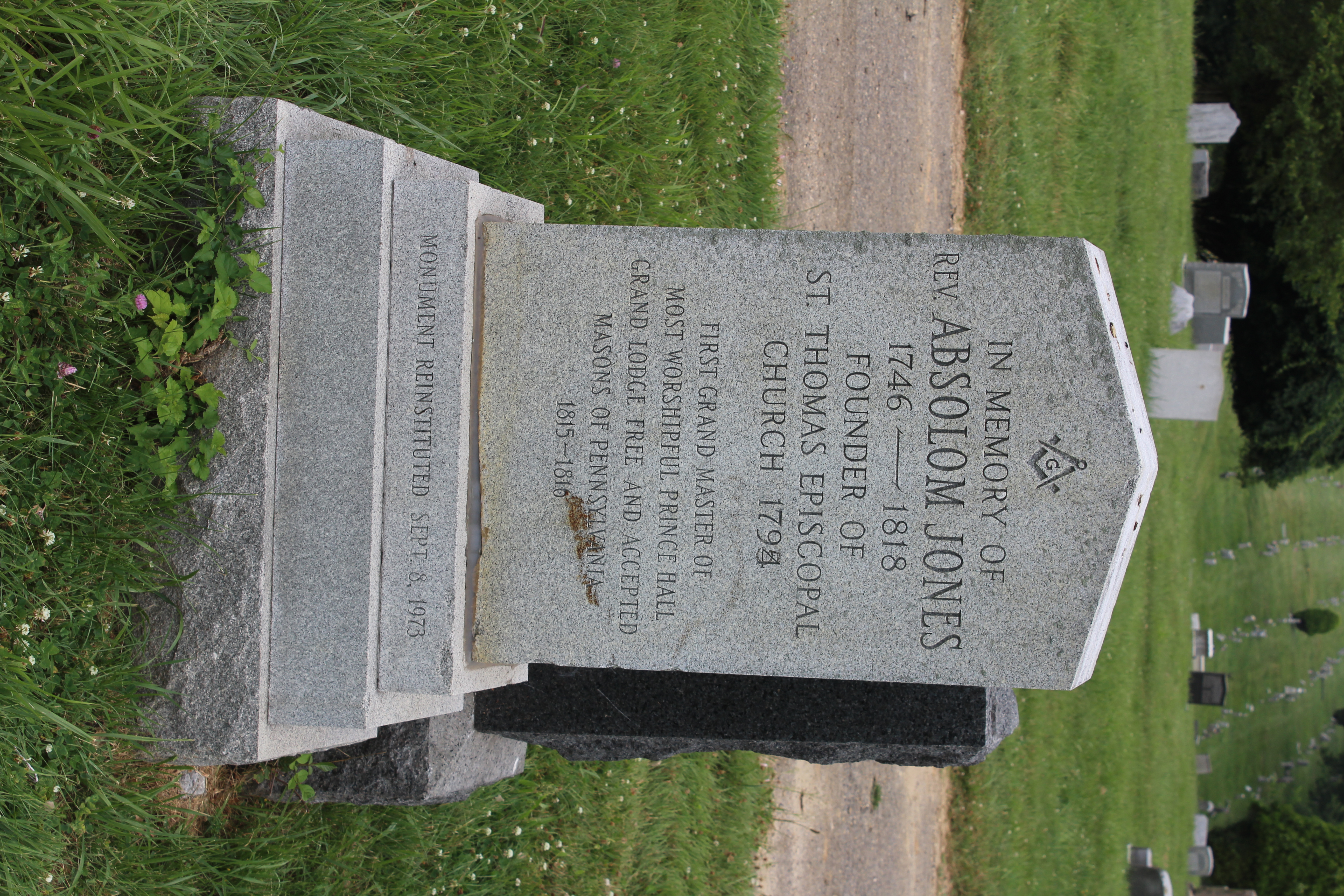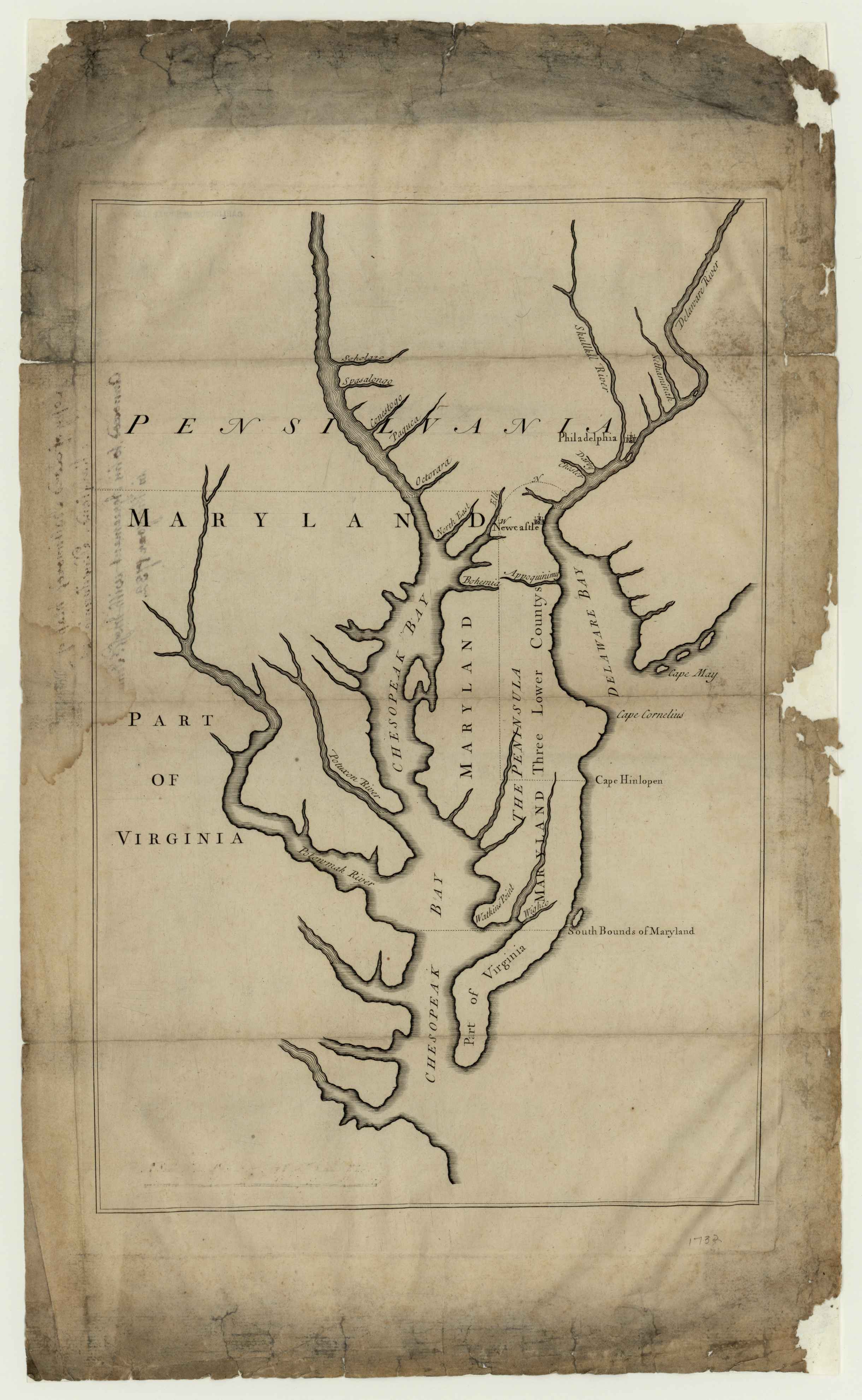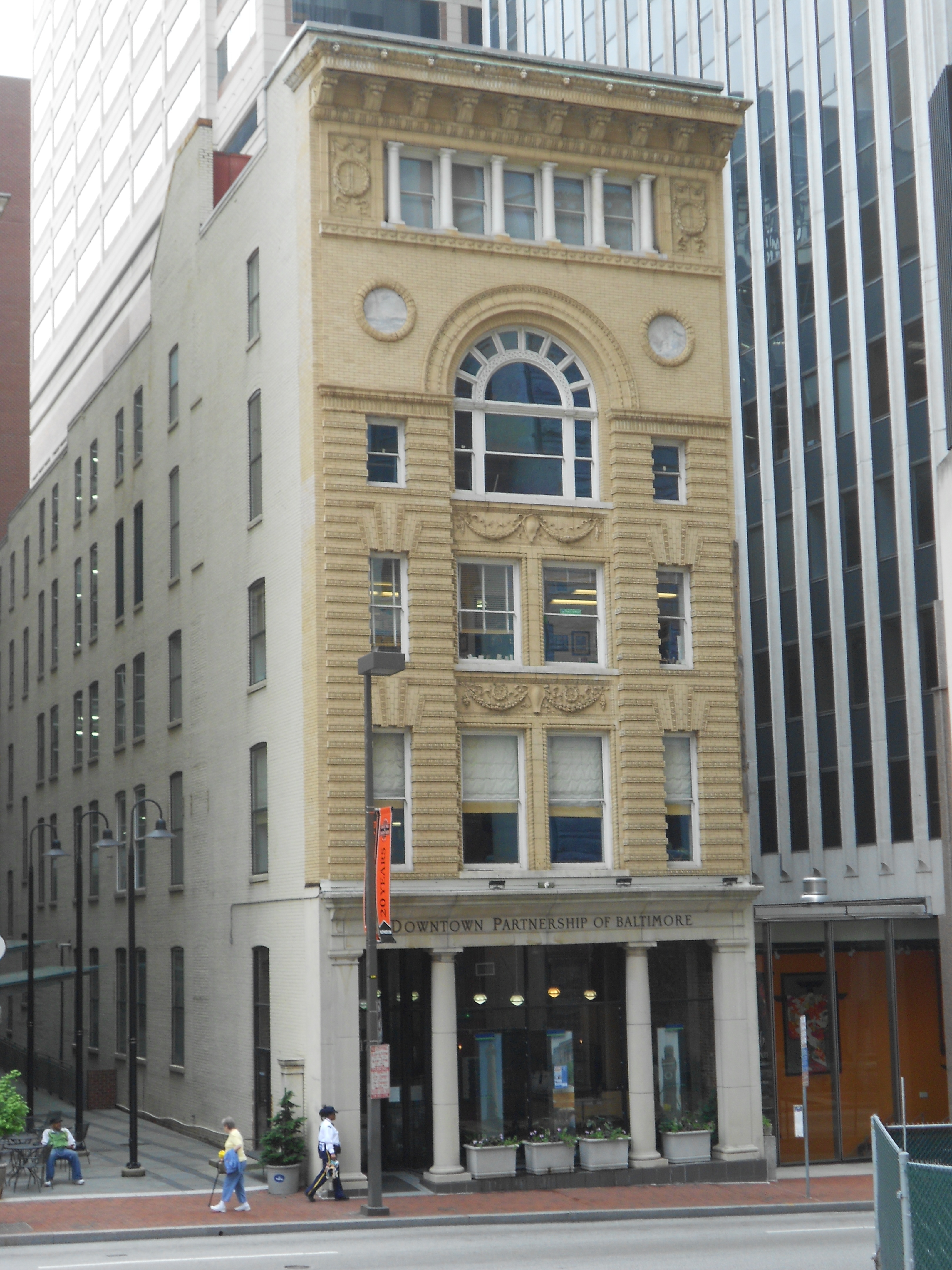|
Richard Allen (bishop)
Richard Allen (February 14, 1760March 26, 1831) was a minister, educator, writer, and one of the United States' most active and influential black leaders. In 1794, he founded the African Methodist Episcopal Church (AME), the first independent Black denomination in the United States. He opened his first AME church in 1794 in Philadelphia. Elected the first bishop of the AME Church in 1816, Allen focused on organizing a denomination in which free black people could worship without racial oppression and enslaved people could find a measure of dignity. He worked to upgrade the social status of the black community, organizing Sabbath schools to teach literacy and promoting national organizations to develop political strategies. Allen said, "We will never separate ourselves voluntarily from the slave population in this country; they are our brethren, and we feel there is more virtue in suffering privations with them than a fancied advantage for a season." The AME Church proliferated ... [...More Info...] [...Related Items...] OR: [Wikipedia] [Google] [Baidu] |
The Right Reverend
The Right Reverend (abbreviated as The Rt Revd or The Rt Rev) is an honorific style (form of address), style given to certain (primarily Western Christian, Western) Christian ministers and members of clergy. It is a variant of the more common style "The Reverend". Usage * In the Anglican Communion and the Roman Catholicism in the United Kingdom, Catholic Church in Great Britain, it applies to bishops, except that ''The Most Reverend'' is used for archbishops (elsewhere, all Roman Catholic Church, Catholic bishops are styled as ''The Most Reverend''). * In some churches with a Presbyterian heritage, it applies to the current Moderator of the General Assembly, such as ** the current Moderator of the United Church of Canada (if the moderator is an ordained minister; laypeople may be elected moderator, but are not styled Right Reverend) ** the current Moderator of the Presbyterian Church in Ireland ** the current Moderator of the General Assembly of the Church of Scotland ** the cur ... [...More Info...] [...Related Items...] OR: [Wikipedia] [Google] [Baidu] |
Negro
In the English language, the term ''negro'' (or sometimes ''negress'' for a female) is a term historically used to refer to people of Black people, Black African heritage. The term ''negro'' means the color black in Spanish and Portuguese (from latin language, Latin ''niger''), where English took it from. The term can be viewed as Offensive language, offensive, inoffensive, or completely neutral, largely depending on the region or country where it is used, as well as the time period and context in which it is applied. It has various equivalents in other languages of Europe. In English Around 1442, the Portuguese first arrived in Southern Africa while trying to find a sea route to India. The term , literally meaning 'black', was used by the Spanish and Portuguese as a simple description to refer to the Bantu peoples that they encountered. denotes 'black' in Spanish and Portuguese, derived from the Latin word '':wikt:niger#Latin, niger'', meaning 'black', which itself is probabl ... [...More Info...] [...Related Items...] OR: [Wikipedia] [Google] [Baidu] |
Constitutional Convention (United States)
The Constitutional Convention took place in Philadelphia from May 25 to September 17, 1787. While the convention was initially intended to revise the league of states and devise the first system of federal government under the Articles of Confederation, leading proponents of the Constitutional Convention, including James Madison of Virginia and Alexander Hamilton of New York, sought to create a new frame of government rather than revise the existing one. Delegates elected George Washington of Virginia, former commanding general of the Continental Army in the American Revolutionary War and a proponent of a stronger national government, to serve as President of the convention. The convention ultimately debated and ratified the Constitution of the United States, making the convention one of the most significant events in American history. The convention took place in Pennsylvania State House, later renamed Independence Hall, in Philadelphia. The convention was not referred to as a ... [...More Info...] [...Related Items...] OR: [Wikipedia] [Google] [Baidu] |
Absalom Jones
Absalom Jones (November 7, 1746February 13, 1818) was an African-American abolitionist and clergyman who became prominent in Philadelphia, Pennsylvania. Disappointed at the racial discrimination he experienced in a local Methodist church, he founded the Free African Society with Richard Allen in 1787, a mutual aid society for African Americans in the city. The Free African Society included many people newly freed from slavery after the American Revolutionary War. In 1794, Jones founded the first Black Episcopal congregation, and in 1802, he was the first African American to be ordained as a priest in the Episcopal Church of the United States. He is listed on the Episcopal calendar of saints. He is remembered liturgically on the date of his death, February 13, in the 1979 ''Book of Common Prayer'' as "Absalom Jones, Priest, 1818". Early life Absalom Jones was born into slavery in Sussex County, Delaware, in 1746. When he was sixteen, his enslaver sold him, his mother, and hi ... [...More Info...] [...Related Items...] OR: [Wikipedia] [Google] [Baidu] |
Commons
The commons is the cultural and natural resources accessible to all members of a society, including natural materials such as air, water, and a habitable Earth. These resources are held in common even when owned privately or publicly. Commons can also be understood as natural resources that groups of people (communities, user groups) manage for individual and collective benefit. Characteristically, this involves a variety of informal norms and values (social practice) employed for a governance mechanism. Commons can also be defined as a social practice of governing a resource not by state or market but by a community of users that self-governs the resource through institutions that it creates. Definition and modern use The Digital Library of the Commons defines "commons" as "a general term for shared resources in which each stakeholder has an equal interest". The term "commons" derives from the traditional English legal term for common land, which are also known as "commons ... [...More Info...] [...Related Items...] OR: [Wikipedia] [Google] [Baidu] |
London
London is the Capital city, capital and List of urban areas in the United Kingdom, largest city of both England and the United Kingdom, with a population of in . London metropolitan area, Its wider metropolitan area is the largest in Western Europe, with a population of 14.9 million. London stands on the River Thames in southeast England, at the head of a tidal estuary down to the North Sea, and has been a major settlement for nearly 2,000 years. Its ancient core and financial centre, the City of London, was founded by the Roman Empire, Romans as Londinium and has retained its medieval boundaries. The City of Westminster, to the west of the City of London, has been the centuries-long host of Government of the United Kingdom, the national government and Parliament of the United Kingdom, parliament. London grew rapidly 19th-century London, in the 19th century, becoming the world's List of largest cities throughout history, largest city at the time. Since the 19th cen ... [...More Info...] [...Related Items...] OR: [Wikipedia] [Google] [Baidu] |
Circuit Rider (religious)
Circuit riders, also known as horse preachers, were clergy assigned to travel around specific geographic territories to minister to settlers and organize congregations. Circuit riders were clergy in the Methodist Episcopal Church and related denominations, although similar itinerant preachers could be found in other faiths as well, particularly among minority faith groups. They were most prominent during the early years of the United States, from 1784–1830, and were part of the Second Great Awakening revival movement. History In sparsely populated areas of the United States it always has been common for clergy in many denominations to serve more than one congregation at a time, a form of church organization sometimes called a "Circuit preacher, preaching circuit". In the rough frontier days of the early United States, the pattern of organization in the Methodist Episcopal Church, Methodist Episcopal denomination and its successors worked especially well in the service of ... [...More Info...] [...Related Items...] OR: [Wikipedia] [Google] [Baidu] |
Robert Strawbridge
Robert Strawbridge (born 1732 - died 1781) was a Methodist preacher born in Drumsna, County Leitrim, Ireland. Early life and ancestral history Information detailing the early life of Robert Strawbridge is somewhat limited. One article, Robert Strawbridge', offers some light unto the subject. Another source, Robert Strawbridge: Some Additional Irish Perspectives' offers additional details. In the year 1732, Robert Strawbridge was born in a small farming town in the county of Leitrim, Ireland. The town of Gortconnellan, Drumsna situates on a ridge. The town's name literally means "the ridge over the swimming place." It is here along the south-eastern flow of the majestic River Shannon, makes a series of turns which create a perfect loop before regaining its original course. The result of the back-tracking waterway is a protected area blessed with the country's most fertile and wooded lands. It is these abundant lands which Robert grows up. The farm with a privileged view of ... [...More Info...] [...Related Items...] OR: [Wikipedia] [Google] [Baidu] |
Harry Hosier
Harry Hosier ( – May 1806Finkelman, Paul. ''Encyclopedia of African American History 1619–1895: From the Colonial Period to the Age of Frederick Douglass'', Vol. 2pp. 176–177 "Hosier, Harry 'Black Harry'". Oxford Univ. Press (Oxford), 2006.), better known during his life as "Black Harry", was an African American Methodist preacher during the Second Great Awakening in the early United States. Dr. Benjamin Rush said that, "making allowances for his illiteracy, he was the greatest orator in America". His style was widely influential but he was never formally ordained by the Methodist Episcopal Church or the Rev. Richard Allen's separate African Methodist Episcopal Church in Philadelphia. Name Better known as "Black Harry" during his lifetime, Harry Hosier was illiterate and his name is also recorded variously as Hoosier, Hoshur, and Hossier.Smith, Jessie C. ''Black Firsts: 4,000 Ground-Breaking and Pioneering Historical Events'' (3rd ed.)pp. 1820–1821 "Methodis ... [...More Info...] [...Related Items...] OR: [Wikipedia] [Google] [Baidu] |
Maryland
Maryland ( ) is a U.S. state, state in the Mid-Atlantic (United States), Mid-Atlantic region of the United States. It borders the states of Virginia to its south, West Virginia to its west, Pennsylvania to its north, and Delaware to its east, as well as with the Atlantic Ocean to its east, and the national capital and federal district of Washington, D.C. to the southwest. With a total area of , Maryland is the List of U.S. states and territories by area, ninth-smallest state by land area, and its population of 6,177,224 ranks it the List of U.S. states and territories by population, 18th-most populous state and the List of states and territories of the United States by population density, fifth-most densely populated. Maryland's capital city is Annapolis, Maryland, Annapolis, and the state's most populous city is Baltimore. Maryland's coastline was first explored by Europeans in the 16th century. Prior to that, it was inhabited by several Native Americans in the United States ... [...More Info...] [...Related Items...] OR: [Wikipedia] [Google] [Baidu] |
Downtown Baltimore
Downtown Baltimore is the central business district of the Baltimore, city of Baltimore traditionally bounded by Martin Luther King Jr. Boulevard (Baltimore), Martin Luther King, Jr. Boulevard to the west, List of streets in Baltimore#F, Franklin Street to the north, President Street (Baltimore), President Street to the east and the Inner Harbor area to the south. In 1904, downtown Baltimore was almost destroyed by a Great Baltimore Fire, huge fire with damages estimated at $150 million. Since the City of Baltimore was chartered in 1796, this downtown nucleus has been the focal point of business in the Baltimore metropolitan area. It has also increasingly become a heavily populated neighborhood with over 37,000 residents and new condominiums and apartment homes being built steadily. Geography City Center is the historic financial district in Baltimore that has increasingly shifted eastward and into the Inner Harbor. Hundreds of businesses are found here, and it remains the c ... [...More Info...] [...Related Items...] OR: [Wikipedia] [Google] [Baidu] |
History Of Baltimore
The history of Baltimore spans back to 1659, when the Baltimore County was declared erected by the General Assembly of Maryland. The area where the city now lays was settled by David Jones in 1661. While this has been inhabited by Indigenous people since the 10th millennium BCE, it was not until European settlers arrived that it was given the name Baltimore, after the Province of Maryland's founding proprietor. The city of Baltimore was founded in 1729. Early on, it was largely populated by German immigrants. The city gained prominence as a major hub for trade and commerce after successfully fending off British forces during the War of 1812. Seeing to maintain this position, the Baltimore & Ohio Railroad was established in 1829, making it one of the first commercial railroad lines in the world. Before the Civil War, Baltimore was home to the largest free Black community in the U.S. It became known as a "city of refuge" and a destination for many former slaves, including Fre ... [...More Info...] [...Related Items...] OR: [Wikipedia] [Google] [Baidu] |









